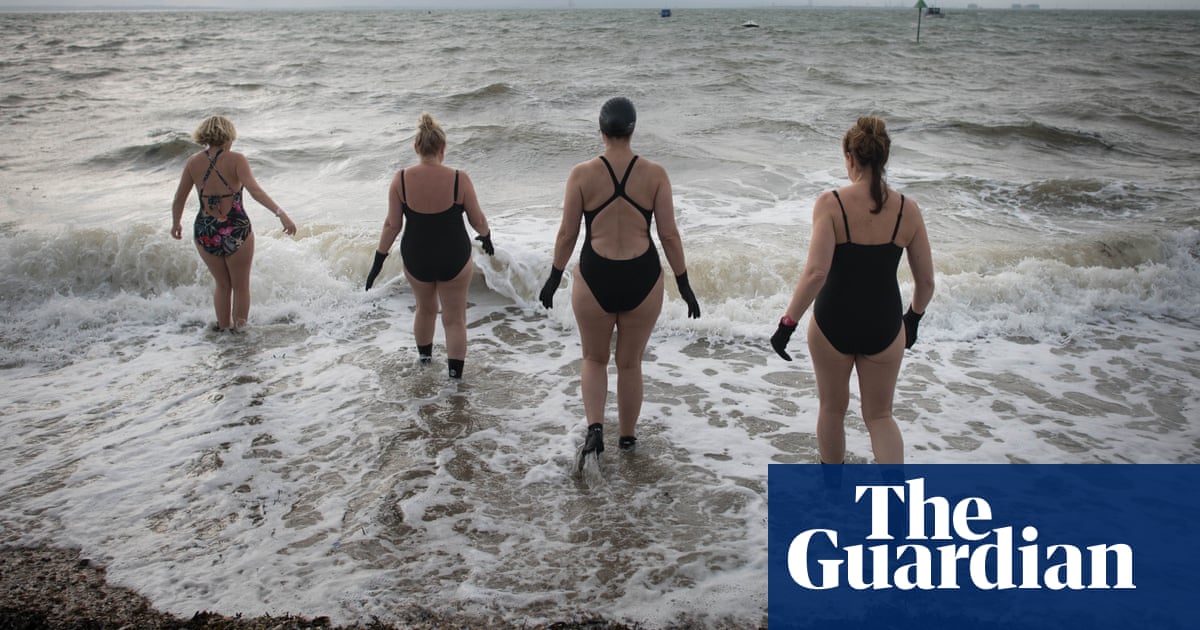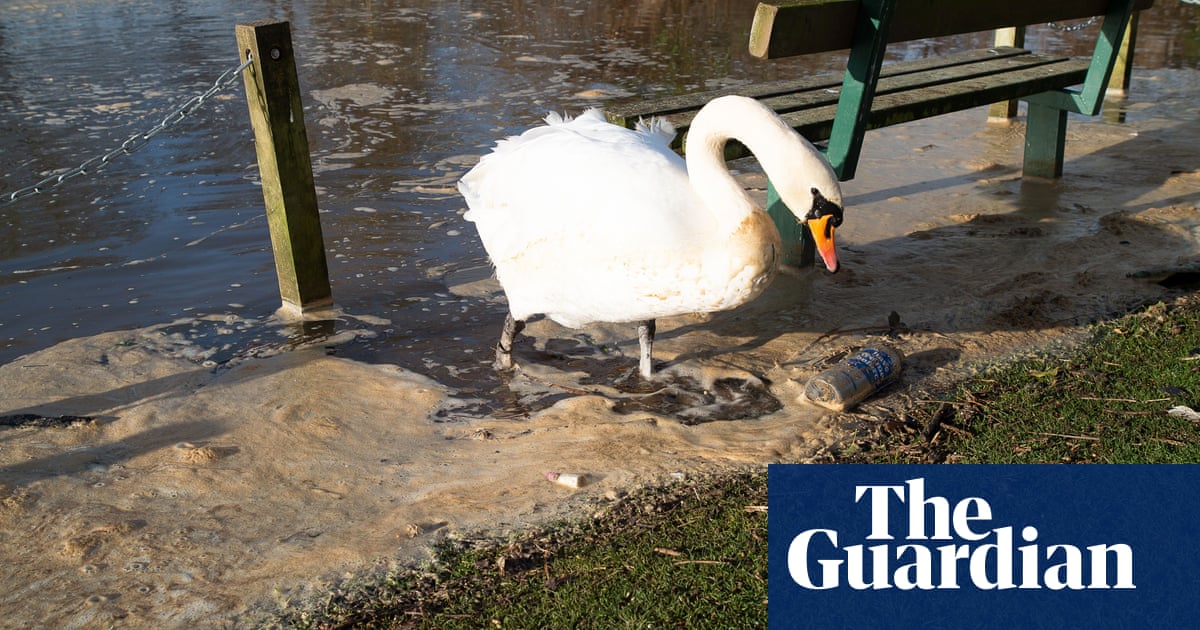
Almost a quarter of the UK’s sea swimmers may not take a dip in the ocean this year because of sewage dumping by water companies, according to a poll.
Sewage was dumped into waters near England’s most celebrated beaches for nearly 8,500 hours last year, analysis shows. A separate review earlier this year found there were 1,504 discharges in 2022 on beaches supposed to be free from such pollution.
Water companies have been under increasing pressure to clean up their act amid growing outrage over payouts of more than £2bn a year on average since 1991.
The poll, carried out by Savanta for the Liberal Democrats, spoke to 2,272 UK adults between 21 and 23 July. Just over 30% said they typically went sea swimming during the summer, and of these 23% said they would not this year because of sewage dumping by water companies.
More than two in five of the regular beachgoers also said they were less likely to visit the British seaside this summer because of sewage discharges.
The government has said it will allow the Environment Agency to impose unlimited fines on rule-breaking water companies. Penalties are currently capped at £250,000.
The Lib Dems have been calling for a sewage tax on annual profits and a ban on water company executive bonuses.
“Coastal communities are at the mercy of water companies who unapologetically discharge raw sewage into popular swimming spots,” Tim Farron, the Lib Dems’ environment spokesperson said. “This Conservative government needs to stop letting water companies off the hook and finally ban these disgusting sewage discharges and defend our tourism sector.”
Cathryn Ross, Thames Water’s interim chief executive, recently described many of her company’s pipes as “ageing assets” that should have been replaced. Thames Water does not discharge into coastal waters as the area the company covers is inland.
Water companies are supposed to release raw sewage only after heavy rains, to stop sewage backing up the system and risking flooding, with the most recent data showing they had collectively dumped sewage 372,533 times in 2021 and 301,091 times in 2022.
A spokesperson for the Department for Environment, Food and Rural Affairs (Defra) said: “Banning discharges overnight without any plan to fix storm overflows is reckless and would see sewage backing up into people’s homes and the street.
“The secretary of state demanded action plans on every storm overflow in the country and our storm overflow discharge reduction plan requires water companies to spend £56bn to eliminate the harm from storm overflows – the largest infrastructure investment in water company history.”
A Water UK spokesperson said standards at beaches had improved exponentially since the 1990s but that the industry recognised it had been slow “to tackle the harm to our seas caused by sewage overflows”.
“Over the next seven years, water and sewerage companies plan to spend £10bn – a tripling on current levels of investment – in the biggest transformation of our sewers since the Victorian era,” they said. “As part of this, bathing waters will be prioritised and among the first to receive funding.”












